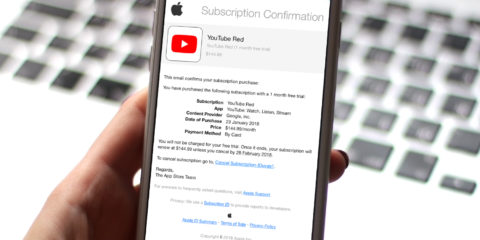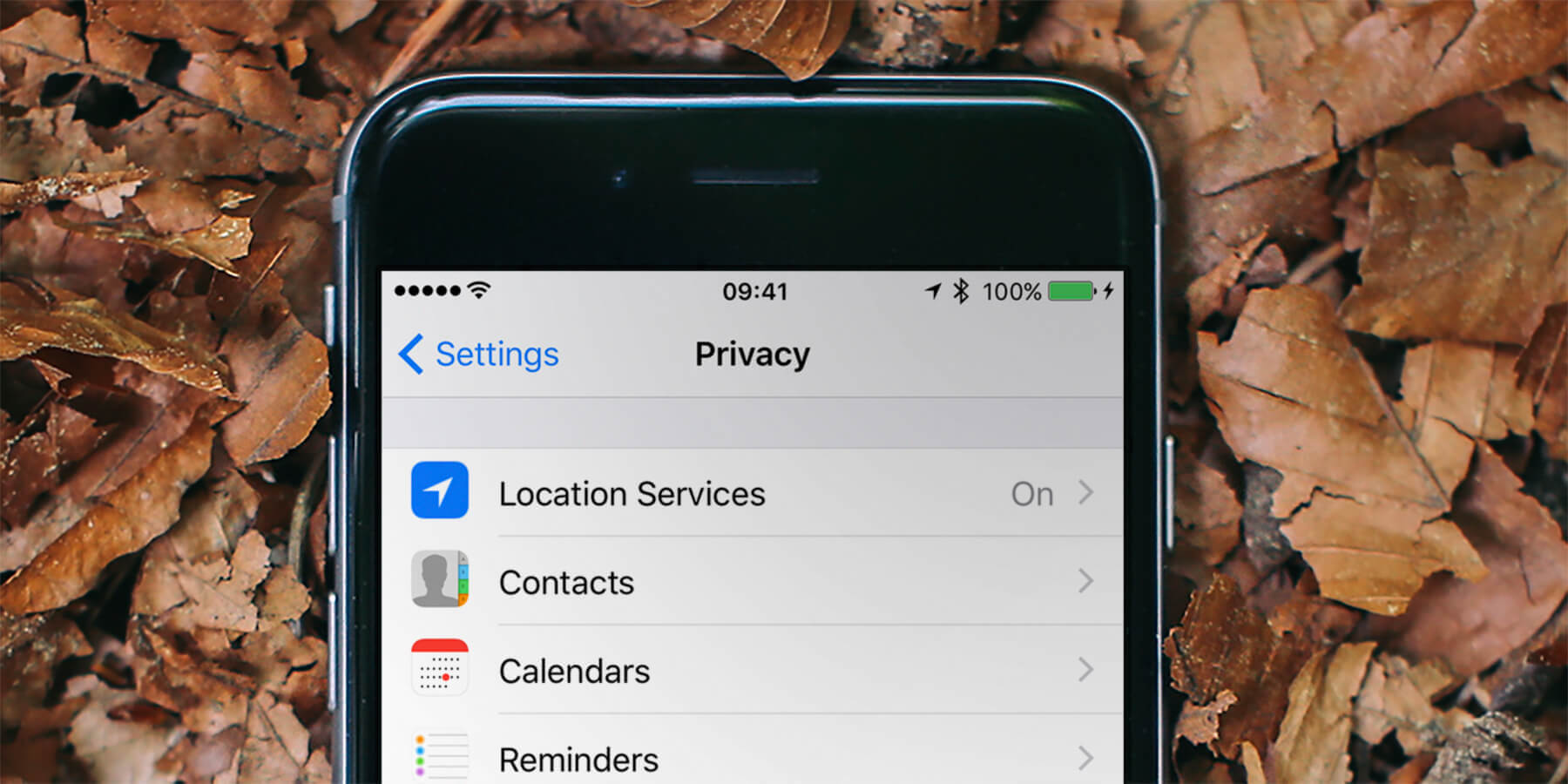Apple’s iOS 11.3 rolled out at the end of March, providing a number of notable fixes, improvements, and additions following a somewhat buggy few months for iOS.
While the battery health monitor, AR enhancements, and fresh Animoji have secured most of the headlines, the security tweaks made in iOS 11.3 are arguably far more important.
With Facebook in the news for compromising the data of millions of its users, Apple couldn’t have picked a better time to tighten its own considerable security policies.
But what exactly does iOS 11.3 mean for your data privacy?
Respecting your privacy
In iOS 11.3, Apple has added a new privacy icon. The company explains the function of this as follows:
“When an Apple feature asks to use your personal information, an icon now appears along with a link to detailed information explaining how your data will be used and protected”.
In other words, your iPhone or iPad will now explicitly alert you whenever iOS wants access to your personal data. This is similar to how a location arrow appears in the status bar when an app is actively using location data. It will then provide you with information on how exactly this personal data will be used.
“You won’t see this icon with every feature since Apple only collects this information when it’s needed to enable features, to secure our services, or to personalize your experience,” Apple further explains.
So why has Apple taken this step, and is it actually of any use?
Phishing for more
While it should be noted that Apple has never said anything to this effect, some outlets have reported that Apple’s additional personal data alert is intended to thwart phishing attempts.
Phishing is when a third party sends a message of some kind purporting to be a legitimate company (such as Apple) in a fraudulent bid to obtain your personal information. Back in October, developer Felix Krause demonstrated how alarmingly simple it is for someone with even modest programming skills to push a legitimate-looking request for your Apple ID through iOS.

An email-based phishing attack
Many mobile security experts have been crying out for Apple to provide an alternative means of Apple ID authentication, thus closing this loophole. Unfortunately, Apple’s new iOS 11.3 privacy icon is no such solution.
Security researcher Will Strafach recently told ZDNet that when it comes to heading off the aforementioned phishing attack, “No icon or anything else is sufficient because the running app is able to mess with all user interface elements including status bar”.
Where the privacy icon is most useful, it seems, is in keeping Apple’s newly data-sensitive customers informed as to what’s happening with their information. It’s a show of transparency in a world where increasingly companies are getting into hot water for not divulging enough information to users.
Much needed transparency
Essentially, then, Apple’s new privacy tweaks in iOS 11.3 have more to do with transparency than increased protection or even a reduction in data collection.
In these post-Cambridge Analytica times, we’re all going to rightly expect our leading tech companies to be far more upfront about how they use our precious personal information. In this way, we’ll be able to hold them to account without having to rely so much on whistleblowers and disgruntled employees.
With iOS 11.3, Apple at least seems to be showing that it gets this shift in attitude. Even if it doesn’t inherently make us much safer from data theft, this is a step toward educating users to be mindful of data sharing, and a step toward complete transparency.

